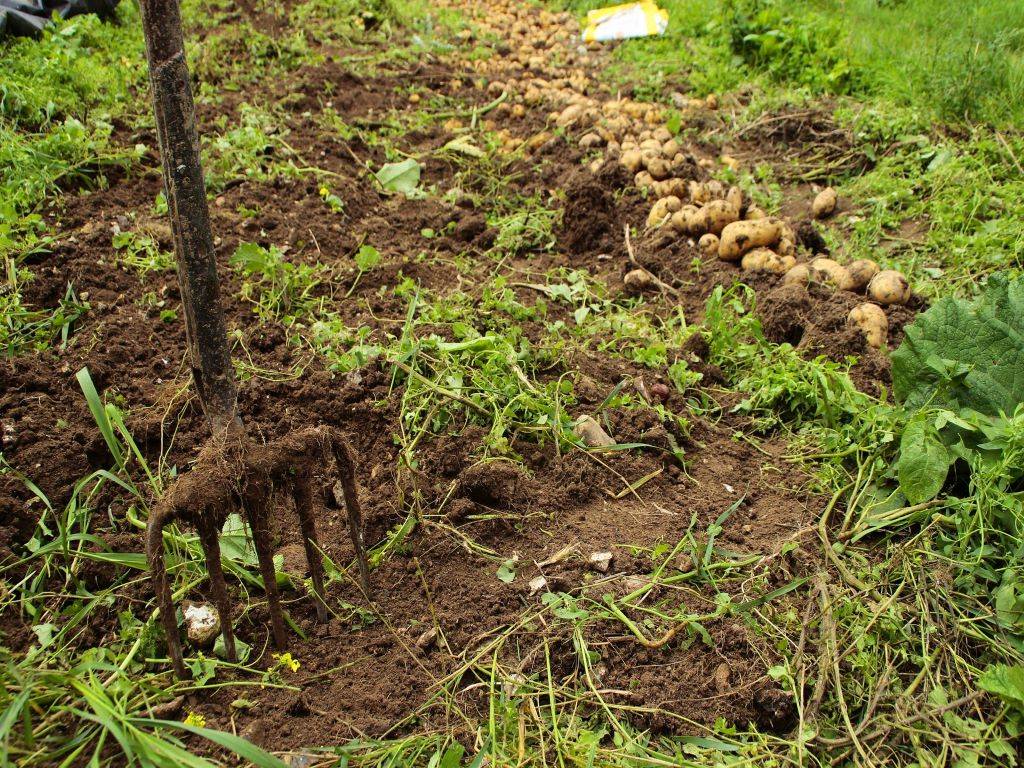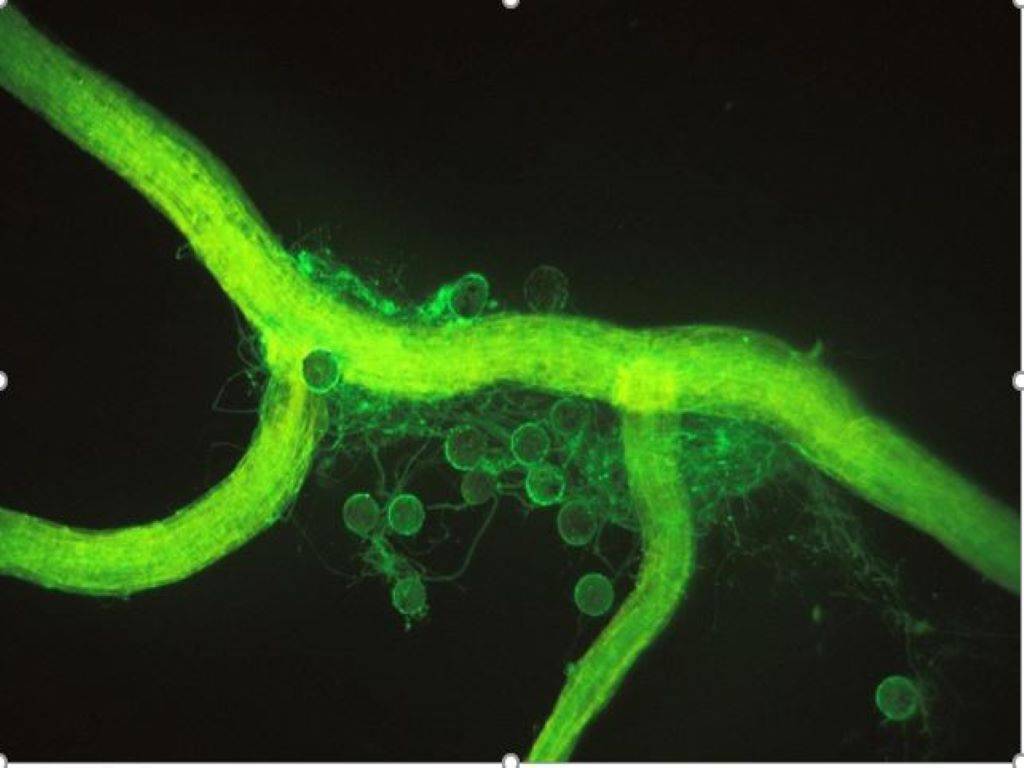
Who has time these days? Even though the need for good quality fruits and vegetables has been increasing, the passion and time devoted to it remains the same. Farmers continue to produce and the consumer keeps on consuming. If a farmer can produce, why can't you? Anyone can become a farmer by gathering enough knowledge and putting that knowledge to use by farming. Nowadays terrace gardening and home gardening have become popular. Maintaining a crop isn't easy; though it seems to be. Even though the first few days may be easy, the journey ahead becomes tedious. As the crop attains good foliage, many pests and diseases get attracted and the tough journey begins.
Here comes the role of fungicides and pesticides for managing them.
There is an organism that takes care of the crop while you are at home or office. AMF (Arbuscular Mycorrhizal Fungi) are a group of soil fungi that helps plants to grow vigorously under various stressful conditions.
AMF colonizes the roots of many plants even if they belong to different species, resulting in a common mycorrhizal network. This forms a symbiotic relationship between the plant and the AMF which helps to increase the surface area, in turn increasing the absorption of nutrients and water. AMF enhances soil quality by influencing its structure and texture. AMF not only provides the role of supplementing nutrition but also aids in security by providing resistance against various pathogens. Moreover, some nutrients are relocated from the fungi to the plant which gives the plants tolerance to abiotic and biotic stress. AMF are considered as natural growth regulators of a majority of terrestrial ecosystems. Furthermore, inoculation of AMF improves the accumulation of dry matter in the soil and enhances water moisture uptake, consequently improving plant tolerance against stresses like drought and salinity.
Various reports have shown that AMF has also contributed in enhancing crop productivity.

Continuous use of inorganic fertilizers & pesticides has caused various problems to soil, plants, and human health. An ongoing research is suggestive of the fact that AMF can significantly reduce the use of chemical fertilizers by up to 50%. The inoculation of AMF enhances the concentration of micro and macronutrients which leads to increased photosynthetic production and biomass. AMF are also very effective in helping plants absorb nutrients from nutrient-deficient soils. It enters into a symbiotic relationship with the roots to obtain essential nutrients and in return provide nutrients like N, P, K, Ca, Zn, and S.
AMF ensures better quantity and improves the quality of fruits. Studies suggest that the nutritional quality of strawberries, tomatoes have increased by inoculating with AMF.
Research shows that AMF inoculation in wheat, barley, maize, soybean, strawberry, and onion have increased the drought tolerance capacity owing to the extensive fungal hyphae which are formed in the soil.
Studies prove that AMF inoculation can increase nutrient absorption of major nutrients but decreases the absorption of Na+ and Cl- which in turn boosts growth and increases tolerance to stress in saline environments. As Kerala has a big coastline, AMF can be used to improve the growth of vegetables like cucumber, chilly, and maize under moderate saline conditions. Furthermore, AMF inoculated plants show better growth than the non-inoculated ones under heat stress.
AMF is a boon to farming community. Care should be taken so that the proper host plant-strain combination is used. For the proper growth of AMF, the application of chemical fertilizers and pesticides have to be reduced and the use of Organic Manures has to be increased. The use of AMF has to be increased to a greater extent so that each and every farmer and every plant can enjoy the benefit of AMF.
Also know about major soil types in India.
About Author:
Karthik R.T. - BSc (Hons)Ag final year student, College of Agriculture, Vellayani, Kerala Agricultural University













Share your comments